At least 156 HRDs from 25 countries lost their lives in 2015

One third of the human rights defenders who were killed in eleven months of 2015 were from the south Asian region of Asia. Fifty-two of the total of at least 156 human rights defenders from 25 countries across the globe (who were killed or died in detention between January to November 2015) were from Afghanistan, Bangladesh, India, Indonesia, Myanmar, Pakistan, the Philippines and Thailand reports Frontline Defenders. The annual report of the frontrunner rights organisation, Stop the Killings – Front Line Defenders Annual Report 2016 can be accessed at https://sabrangindia.in/reports/stop-killing-human-rights-defenders and https://www.frontlinedefenders.org/sites/default/files/report.pdf .
More than half of those killings, 87, took place in Latin America, with Colombia alone accounting for 54 killings. Outside the Americas one of the starkest figures was the total of 31 targeted killings of HRDs in the Philippines.
In Bangladesh, five secular bloggers campaigning against religious extremism were killed, and religious extremists issued death threats against several other HRDs.India has recorded the deaths of the following human rights defenders : Guru Prasad Shukla, Jawahar lal Tiwary, Kirpasindhu Sahu, Malleshappa M Kalburgi, Sandeep Kothari, Ruisoting Aimol, alias Mary and Jagendra Singh.
As of the end November 2015, there were reports of 52 HRDs killed in Afghanistan, Bangladesh, India, Indonesia, Myanmar, Pakistan, the Philippines and Thailand. Almost 70% of these killings were related to environmental, land or indigenous peoples’ rights. The figure rises to over 90% in the Philippines, where 31 HRDs were killed. The situation was extremely serious in Mindanao as the government implemented its counterinsurgency operation,‘ Oplan Bayanihan’. In Thailand, land rights defender Chai Bunthonglek was shot dead in front of his family in February 2015. He was the fourth member of the Southern Peasant Federation of Thailand to be killed since 2010.
In Pakistan, Sabeen Mahmud was shot dead in April after hosting a discussion on human rights violations in the conflict-ridden Baluchistan province. In Myanmar, journalist Ko Par Gyi died in custody, after his arrest in September 2015 .The military claimed that he was killed when he “tried to seize a gun from a guard”; however, his body bore clear signs of torture.
Killings were reported in Afghanistan, Azerbaijan, Bangladesh, Brazil, Colombia, Egypt, El Salvador, Guatemala, Honduras, India, Indonesia, Iraq, Libya, Mexico, Myanmar, Nicaragua, Pakistan, the Philippines, Somalia, South Sudan, Sudan, Syria, Thailand, Turkey and Yemen, with over half of the killings occurring in Latin America.
Speaking at the launch of “Stop the Killings – Front Line Defenders Annual Report 2016”, the organisation's Executive Director, Mary Lawlor outlined how, “Human rights defenders (HRDs) face increasingly restrictive and brutal environments in every region of the globe. Extreme violence is being used more frequently and in more countries, while fabricated prosecutions and unfair trials have become the norm in many parts of the world. Those who target HRDs have stepped up their efforts to silence them, both within their borders and internationally”.
The figures for 2015 mark a general increase over the previous year, both in the number of killings and in the number of countries where they occurred. Killings were reported in Afghanistan, Azerbaijan, Bangladesh, Brazil, Colombia, Egypt, El Salvador, Guatemala, Honduras, India, Indonesia, Iraq, Libya, Mexico, Myanmar, Nicaragua, Pakistan, Philippines, Somalia, South Sudan, Sudan, Syria, Thailand, Turkey and Yemen.
Overall, 45% of the killings were linked to the defence of environmental, land and indigenous peoples' rights. Other groups targeted included HRDs working on corruption and impunity as well as journalists and other HRDs using the media – including online and social media – to denounce abuses. Another area of concern is the targeting of women human rights defenders, who are exposed not only to risks related to their work, but also to gender-based violence, harassment and stigma.
Killings were reported in Afghanistan, Azerbaijan, Bangladesh, Brazil, Colombia, Egypt, ElSalvador, Guatemala, Honduras, India, Indonesia, Iraq, Libya, Mexico, Myanmar, Nicaragua, Pakistan, the Philippines, Somalia, South Sudan, Sudan, Syria, Thailand, Turkey and Yemen, with over half of the killings occurring in Latin America.
Arbitrary detention and judicial harassment were by far the most common tactics used by African states against HRDs. Front Line Defenders documented such cases in Angola, Burundi, Cameroon, Chad, DRC, Ethiopia, Mauritania, Niger, Rwanda, Somaliland, Uganda and Zimbabwe. 2015 also saw the space for HRDs in Angola, Burundi, Rwanda and Uganda shrink further, due to new laws and increased governmental interference with the work of independent human rights organisations or new laws.
Defending human rights in Latin America remained extremely dangerous and the criminalisation of the defence of human rights and peaceful protest movements persisted. The most worrying issue remained extreme violence. Most at risk were environmental, indigenous peoples' and land rights defenders; they were the victims of 41% of the killings in the region. Almost all of these cases were linked to opposition to so-called 'mega-projects', especially those conducted by mining companies. HRDs working on sexual orientation and gender identity were also a particular target. LGBTI rights defenders accounted for 15% of the killings reported in the region, making them the second-most targeted group.
Strategies employed by governments
HRDs in many countries in Asia continued to work in a hostile environment, and were targeted through surveillance, intimidation, threats and harassment, arbitrary detention, and torture. Judicial harassment intensified in Malaysia, Myanmar and Thailand, and was reported in Cambodia, China, India, Philippines, Singapore and Vietnam. [1]Physical assaults by police, plain-clothed agents or unidentified thugs were on the increase, and occurred in Afghanistan, Bangladesh, China, India, Maldives, Nepal and Vietnam. In Vietnam, according to local monitors, at least 60 activists and bloggers, including six women, were violently attacked in the first eleven months of 2015.
In Eastern Europe and Central Asia, NGOs are excluded from public life, deprived of visibility because of increased control over mainstream media, and depicted as foreign agents or as motivated by financial gain. Legislative restrictions were coupled with smear campaigns in Azerbaijan, Belarus, the Russian Federation, Kazakhstan, Kyrgyzstan, Tajikistan and Uzbekistan.
In May 2015, three years after its infamous 'Foreign Agent Law', the Russian Federation passed a law on 'undesirable organisations'. According to this vaguely formulated legislation, the General Prosecutor authority can declare foreign organisations undesirable if they are deemed to present a threat to Russia’s constitutional order, its defence or its security. This gives significant scope for arbitrary application. In particular, the law makes any cooperation by Russian citizens with 'undesirable organisations' an offence punishable with up to six years' imprisonment. Four international groups were included in the list at year's end, including the Open Society Foundation. Other donor organisations have closed their programmes in the country as a result of the law, thus depriving civil society groups of important support.
Use of State Security and Counter-Terrorism Laws
The use of state security and counter-terrorism laws against HRDs continued to be a common tactic of repression across all regions. The excuse of the 'fight against terrorism' since 9/11 has been recognised as one of the key drivers for closing civil society space worldwide. With the increase in security concerns following the wake of terror attacks in Ankara, Beirut, Bamako, Paris, Tunis and elsewhere in 2015, there is a real risk that HRDs may be affected further, both in relation to the situation in their own countries and vis-à-vis support from abroad. This is a particular concern, for example, in relation to visas for temporary relocation in cases of extreme danger. “It is of the utmost importance that legitimate police and security work against those who use terrorism and mass attacks against civilians does not undermine the protection available to and needed by HRDs”, said Ms Lawlor.
United Nations
2015 marked the 20th anniversary of the execution of nine Ogoni activists by the Nigerian government. Those executions marked a watershed moment for efforts worldwide to make companies accountable for the human rights impact of their business activities. While a lot has changed in relation to the discourse on business and human rights, the international community remains very far from having effective mechanisms to hold companies to account.
In a welcome recognition of how HRDs are affected when working on issues around business, a resolution adopted by the UN General Assembly (UNGA) in November referred explicitly to the responsibility of business toward HRDs, and called on businesses to engage in meaningful consultations with them. While the General Assembly resolution included new, positive language and reiterated strong concern at the targeting of HRDs, the opposition to it was even more strident than usual. The African Group tabled 39 amendments, some of which were of very serious concern as they aimed to water down states’ responsibility to protect HRDs and undermine the legitimacy of human rights work. The amendments were eventually withdrawn, but China and Russia called for a vote on the resolution. While the text passed with a strong majority, this was the first time that a resolution on HRDs was not passed by consensus, and marked a step up in the offensive against HRDs within the UN. China, the Russian Federation, Syria, Burundi, Kenya, Myanmar, Nigeria, Saudi Arabia, Zimbabwe, North Korea, South Africa, Iran, Pakistan, and Sudan voted ‘no’. While it is no coincidence that in many countries which voted against or abstained HRDs are routinely targeted, it is worrying that the opposition included democracies such as Kenya, Nigeria and South Africa.[2]
Positive developments
On a positive note, Honduras passed a law in May establishing a new national system for the protection of HRDs, following in the footsteps of Brazil, Colombia and Mexico. The law came as a response to numerous recommendations made by civil society and international bodies and hopefully will result in more effective protection of HRDs at risk in a country where extreme violence is rampant. The first challenge the government needs to address is to draft regulations to make the mechanism operational, rapid and effective. This must be done in consultation with HRDs. High-level political support, adequate resources, and implementation by an independent body, separate from government, are essential.
Points highlighted at the report release
Ms Lawlor also highlighted how “the environment for HRDs across the globe is increasingly restrictive and punitive and the offensive against them has reached new heights. Yet the international reaction to these deteriorating circumstances has remained weak. The Irish Government, other EU member states and those countries who believe in democracy, the rule of law and human rights must adopt an automatic policy of publicly condemning the killings of HRDs ”.
“Despite a continuing backlash against human rights defenders where HRDs have received sentences ranging from 6 to 8 and a half years for alleged economic crimes following unfair trials, it has been business as usual for the Council of Europe with a mealy mouthed response to this targeted repression”, she added. In conclusion Ms Lawlor said, “The EU is quite happy to raise the situation in Burundi or Belarus but when it comes to Ethiopia, China, Mexico or Azerbaijan it's a different story. Ireland and the EU must be as strong speaking up for human rights defenders in countries where they have political, economic and strategic interests as they are when it comes to the usual suspects”.
Names of the Defenders who lost their lives from other countries of the Asia Pacific
Afghanistan: Angiza Shinwari, Shafee Nasiri, Umran Aziz
Bangladesh: Avijit Roy, Bijoy Das, Faisal Arefin Dipan, Niloy Neel, Washiqur Rahman
Indonesia: Indra Pelani, Salim (alias Kancil)
Myanmar: Johnny
Pakistan: Muhammad Zaman Mehsud, Sabeen Mahmud
Philippines: Dionel Campos, Emerito Samarca, Endric ‘Bayoto’ Calago, Florencio ‘Ka Bong’ Romano, Lito Abion, Datu Juvello Sinzo, Roger B. Vargas, Tata Baito, Teodoro ‘Ka Tudoy’ Escanilla, Teresito ‘Sito’ Mula Labastilla, Virgilio Leotorco, Lucila L. Vargas, Walter Ayuban
Joel Gulmatico, Rosalie Calago, Jose Alimboyogo, Mabini ‘Tata’ Beato, Songkok Asero
Frenie Landasan, Blemar Mondejar, Luis Carbajosa, Benilda Santos, Ruben Enlog, Oligario Quimbo, Felix Basig, Jel Ahing, Arnel Morada, Welmer Somina, Jobert Samia, Uldarico Camayudo. Menelao ‘Boy’ Barcia
Thailand: Chai Bunthonglek
[1] In India, HRDs Teesta Setalvad and Javed Anand faced court proceedings on fabricated charges of embezzlement, misuse of funds and 'anti-national propaganda'.
[2] Within the United Nations, member states are arranged in geopolitical groups
http://www.un.org/depts/DGACM/RegionalGroups.shtml; 117 voted in favour, 40 abstained, 14 against. The following states abstained: Algeria, Angola, Azerbaijan, Bahrain, Belarus, Bolivia, Brunei Darussalam, Cameroon, CAR, Comoros, Congo, Cote d’Ivoire,Cuba, the Democratic Republic of Congo, Ecuador, Egypt, Eritrea, Fiji, Iraq, Kazakhstan, Kuwait, Lao People’s Democratic Republic, Mali, Mauritania,Mozambique, Namibia, Nicaragua, Niger, Oman, Qatar, Swaziland, Tajikistan, Togo, Uganda, United Arab Emirates, United Republic of Tanzania, Uzbekistan,Venezuela, Vietnam, and Yemen abstained.
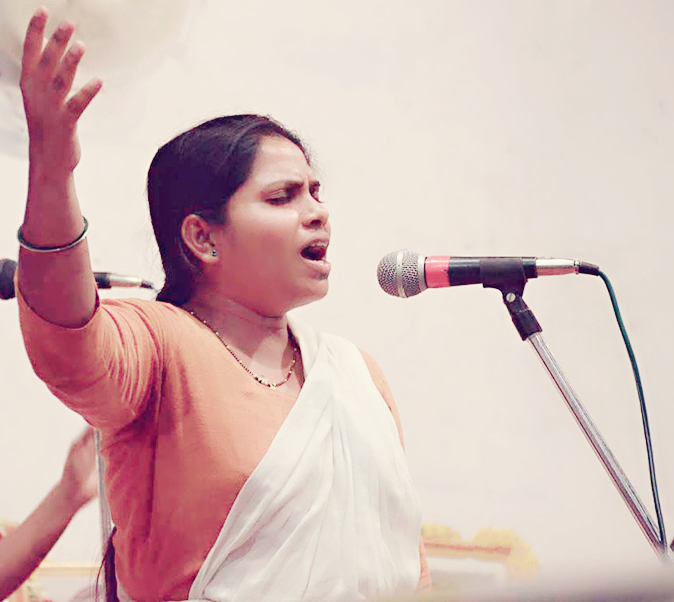

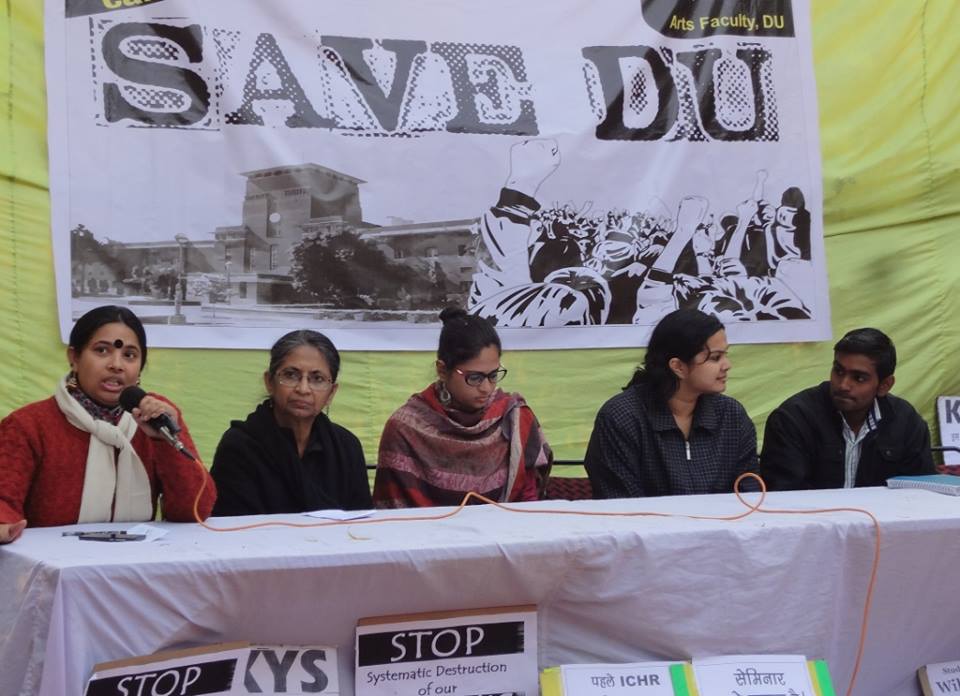
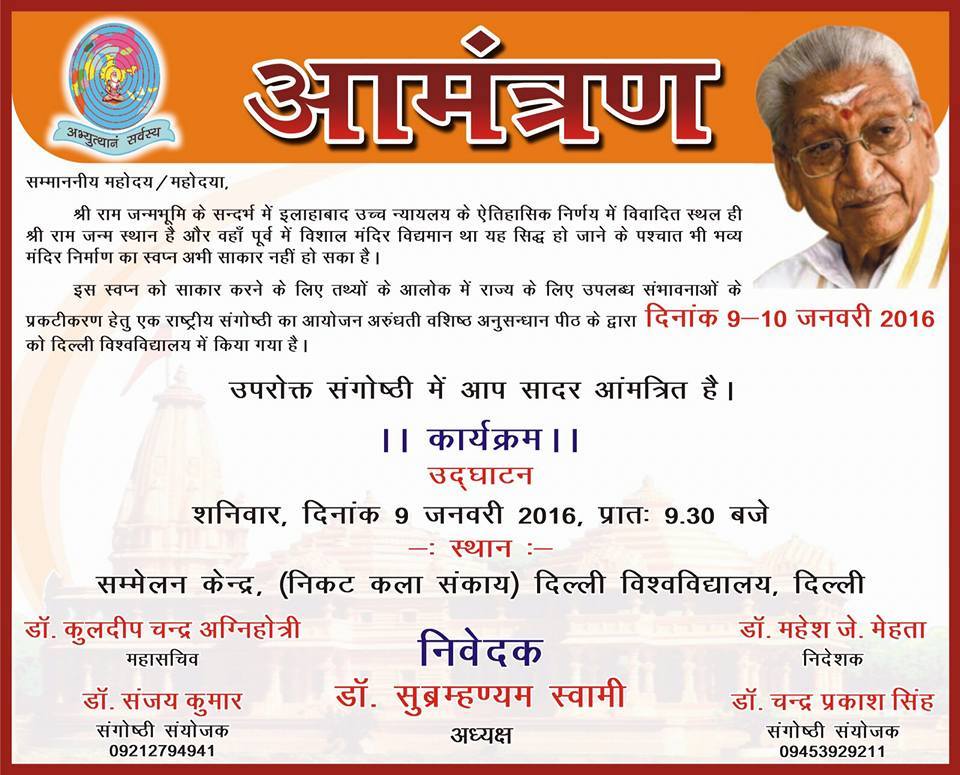
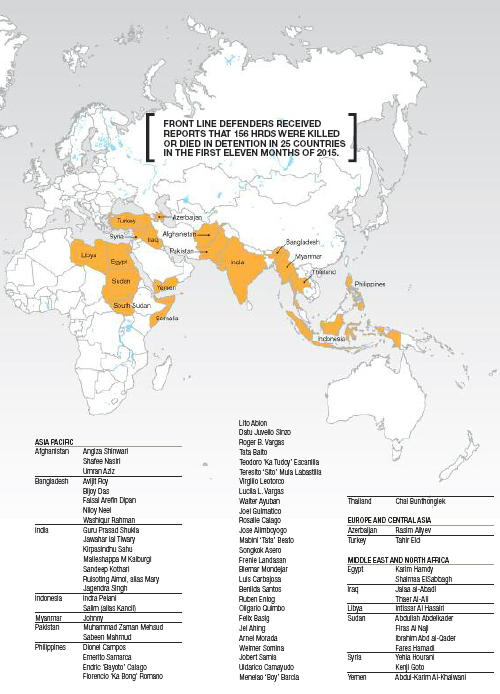

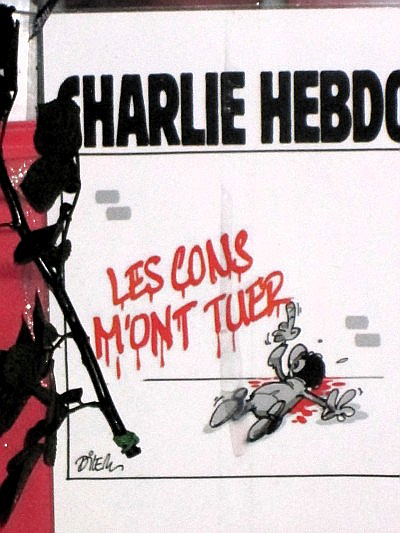

.png)